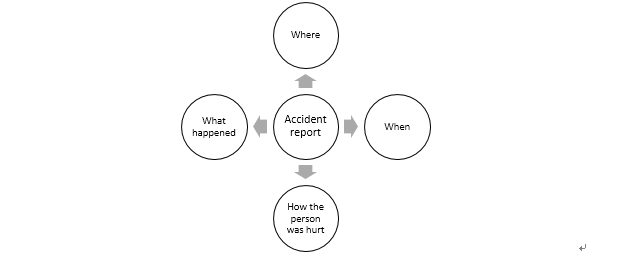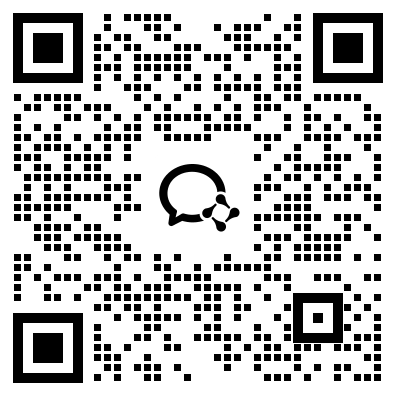Module5 Look after yourself
Unit1 We’d better get you to hospital.
Good morning/afternoon, my dear judges. I’m No. 7. Well, it is my great honor to talk about my teaching ideas. My presentation consists of the following aspects.
Part 1 Analysis of teaching material.
The topic is Module5 Unit1 We'd better get you to hospital. It is from the listening part of Unit1, Module5 of FLTRP Junior English. It is mainly about giving health advice to people. After learning this lesson, students can know how to look after themselves and how to give others help.
By the analysis of the New Curriculum Standard in English, teaching material and students, I set the following teaching objectives.
Knowledge objectives:
(1) students can master the words and phrases: hospital, accident, agreement, blind, hurt, catch up, had better and so on
(2) Students can use the sentences to describe the accidents and give help.
Ability objectives:
(1) Students can use the key words and phrases to make new sentences.
(2) Students’ listening and speaking abilities will be improved.
Emotional objectives:
(1) Students can learn to look after and care about others.
(2) Students will be interested in learning English.
By the analysis above, key points and difficult points are as follows:
The key points and difficult points are to improve students’ listening and speaking abilities and lead them to acquire how to describe the accidents and give help.
Part 2 Analysis of students.
Students in grade 9 have learned English for several years, so they have got some basic skills of studying English. However , their listening and speaking abilities still need to be developed. Thus the teacher should provide them more chances to learn with interests.
Now, I would like to talk about my teaching methods and study methods. I will mainly use Task-based Teaching Method and Communicative Approach to arouse their motivation to learn by themselves, pair work and group work.
Now, let’s come to the most important part: teaching procedures.
Step 1 Lead-in.
After greetings, they are asked to watch some pictures about accidents. Then I will ask them the following questions:
Have you ever had these accidents?
If you have, what will you do?
The purpose is to arouse students’ interest and make an easy and relaxing atmosphere to study.
Step 2 Pre-listening
I will show them a picture in exercise 1 in the text book, and discuss this picture to answer two questions:(1) Do you think the person is seriously hurt? (2) What do you think has happened to him? Then students listen and answer the questions in exercise 2 to train their predicting ability and lay a good foundation for the next study.
Step 3 While-listening
Activity 1: listen and read
Students listen to the dialogue for two times. They have to complete the accident report and read it again to answer the questions in exercise 4.
Activity 2: listen and repeat
Students listen and finish exercise 6 to mark the pauses and repeat.
These two activities are to improve their listening ability and practice their oral English.
Step 4 Post-listening
Students need to role-play the conversations in exercise 3. Then they have to work in pairs to talk about the accidents they have had.
The purpose is to arouse their interest and involve the whole class. Also, their critical thinking and autonomous learning ability can be developed.
Step 5 Summary and homework
In the end, I will guide the students to conclude what we have learnt today, and I will invite some students to make a summary. If necessary, I will give them some complements. And tell them when somebody hurts, we should help him/her.
For homework, students have to write a short passage about the accidents they have had.
Lastly, I would like to introduce my blackboard design to you. As you can see, it is very clear and logical. Students can master the main content of this lesson and know how to write an accident report in this class.
OK, that’s all for my presentation. Thank you for your listening.
Blackboard design:
Module5 Look after yourself
Unit1 We’d better get you to hospital.
hospital, accident, agreement, blind, hurt, catch up, had better











